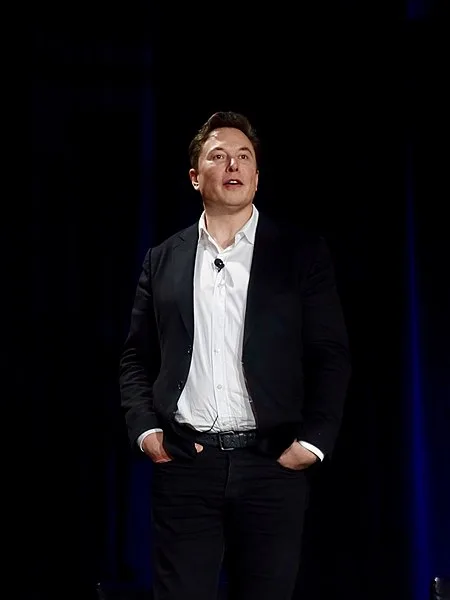Musk accuses Albanese government of covertly controlling Australians’ online access as part of new restrictions on social media use by children
Elon Musk has expressed strong opposition to the Australian government’s new social media restrictions aimed at children under 16, accusing the Albanese administration of trying to covertly control internet access in the country. The billionaire, who owns the social media platform X, criticised the proposed measures, which would require platforms like X, TikTok, Facebook, Snapchat, Reddit, and Instagram to take “reasonable steps” to prevent users under 16 from creating or holding accounts. While YouTube and other educational platforms will be exempt, Musk suggested that the move is part of a broader agenda to dominate the digital lives of Australians.
Musk, known for his staunch support of free speech, took to X to voice his concerns, accusing the Australian government of attempting to infringe on internet freedom. “Seems like a backdoor way to control access to the internet by all Australians,” he tweeted in response to Prime Minister Anthony Albanese’s announcement. This is the latest in a series of clashes between Musk and Australian authorities over internet regulation.
In addition to his role at X, Musk is set to take on a senior position in the incoming Donald Trump administration, where he will lead the new “department of government efficiency,” focusing on slashing bureaucracy and government spending. Musk’s growing ties with Trump have led to speculation about whether the former president might also weigh in on Australia’s social media crackdown. Trump has previously opposed a potential US ban on the Chinese-owned app TikTok, and his comments could mirror Musk’s criticism of Australian efforts.
Embed from Getty ImagesThis isn’t Musk’s first public criticism of Australian internet policies. Earlier in the year, he slammed the Australian eSafety Commission’s attempts to halt the global spread of a video showing a violent incident in Sydney. At the time, Musk accused the Australian regulator of overreaching by attempting to censor content globally, a stance that garnered support from some Republican lawmakers in the US Congress.
Musk’s ongoing campaign against internet censorship reflects a broader libertarian viewpoint that champions minimal government intervention in online spaces. With his new role in the Trump administration, it seems likely that Musk will continue to advocate for deregulation and digital freedom on a global scale, drawing attention to the balance between government oversight and free expression.
